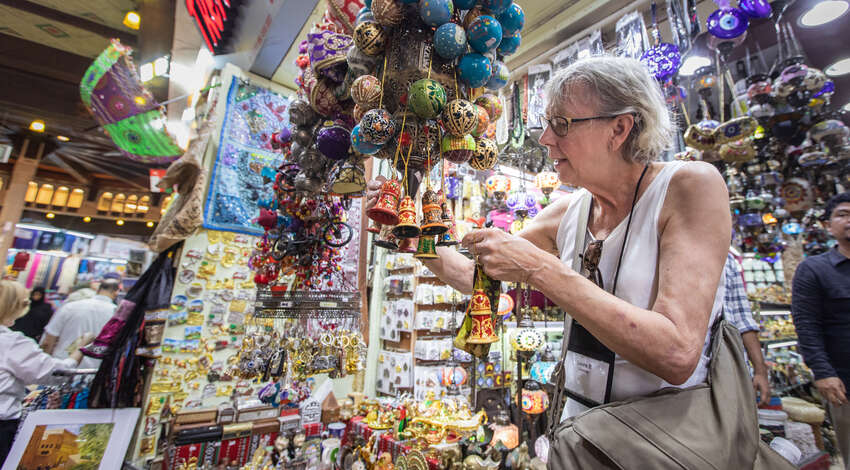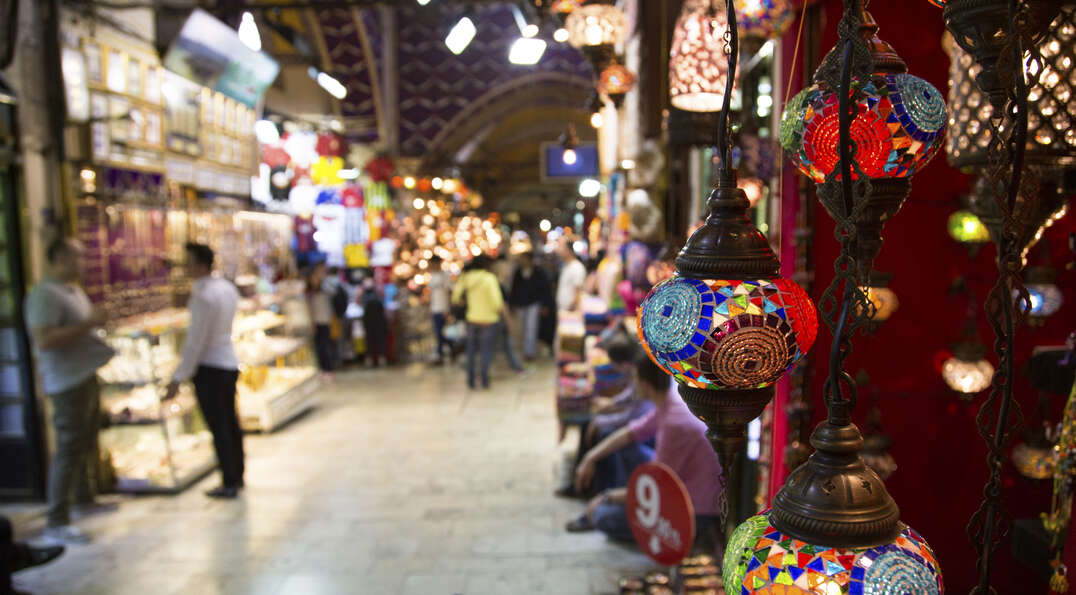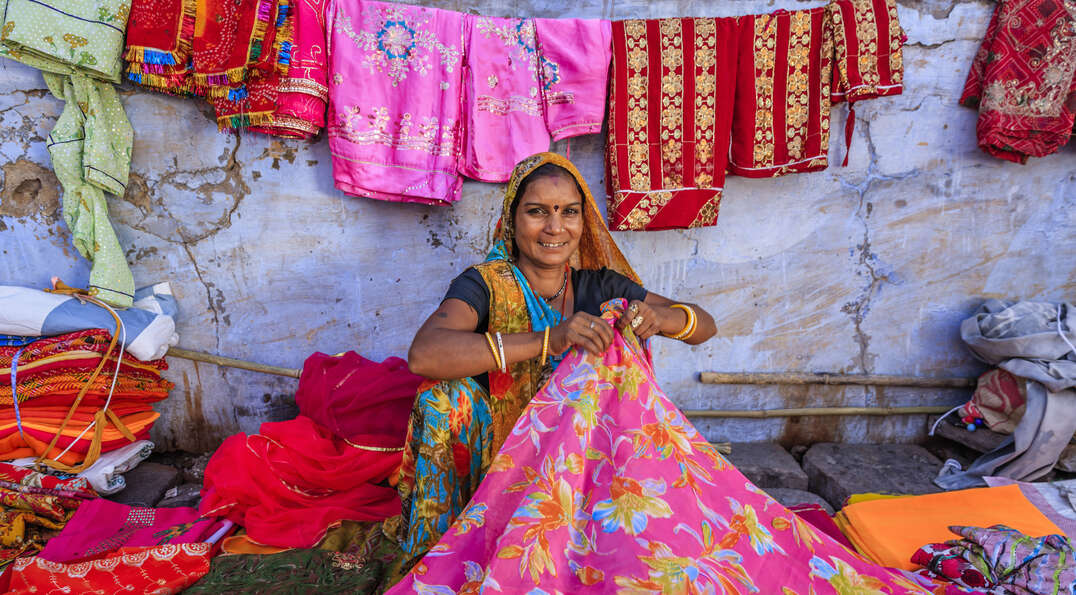Buy Local, Travel Far: The Art of Thoughtful Travel Shopping
The beauty of exploration is that not only are you introduced to new knowledge, new people and new cultures, you’re left with amazing memories that last a lifetime. Often, we augment and cement those memories by journaling or taking photos, and sometimes we look forward to commemorating an experience though local purchases. Whether it’s a t-shirt you just couldn’t resist, a locally carved figurine or a piece of art, these purchases are an opportunity to reflect on and generate conversation with friends and family after returning home from your adventures.

What’s important to remember, however, is that the purchases we make can make an impact — positive or negative — on the communities we’re visiting. As responsible explorers, it’s important to be thoughtful about the souvenirs we buy.
We hear over and over again from Road Scholars that they really enjoy helping support the local communities they visit, whether through locally owned restaurants, markets and businesses, or opting to support a local vendor in an artisan market rather than a commercialized gift shop.
While on programs in more remote locations, purchasing goods from secluded populations allows for these communities to make money closer to home and preserve their culture, rather than having to migrate to larger cities to sell their products. When buying a souvenir, it helps to think about how far this item had to travel.

For example, if you’re in a remote village and pick up a t-shirt made from a synthetic polyester blend, it’s safe to assume this item was printed elsewhere and imported. Imported, mass-produced goods like screen printed t-shirts, mugs or plastic keychains have multiple negative impacts on the environment. The amount of energy used to create these synthetic products and then transport them to their final destination contributes significantly to pollution. Furthermore, in order to profit on items like these, outside companies often utilize unfair labor conditions, making the purchase of these items unethical.
How do you know if a souvenir is ethically made or sourced and sustainable? As we mentioned, you want to consider the origin of the item and the impact this purchase will have on the local community. Items that are truly made by hand are usually imperfect in some way. They also tend to be significantly more expensive than their mass-produced counterparts. It’s often more meaningful to seek out markets or studios where you can see the process of how the item is made, such as an art studio or craftsman’s workshop.

Unsure? Look for an obvious “MADE IN” sticker that indicates whether the item was manufactured elsewhere. Some countries also have their own marking system to show an item is truly hand made locally. For example, an Igloo sticker on an item in Canada signifies it was made by the Indigenous Inuit People. Before you head out on your program, try to familiarize yourself with the products that are local to the community you’ll be experiencing.
Making thoughtful purchases while travelling is a wonderful way to support the local economy. Just remember to avoid plastic items that generate more waste — and focus your energy on obtaining meaningful handmade items. Try to be a conscious shopper, analyzing items for import stamps and trying to learn more about the processes and materials that have gone into the craftmanship of the item. These experiences will only enhance your journey and the memories you will take with you.

